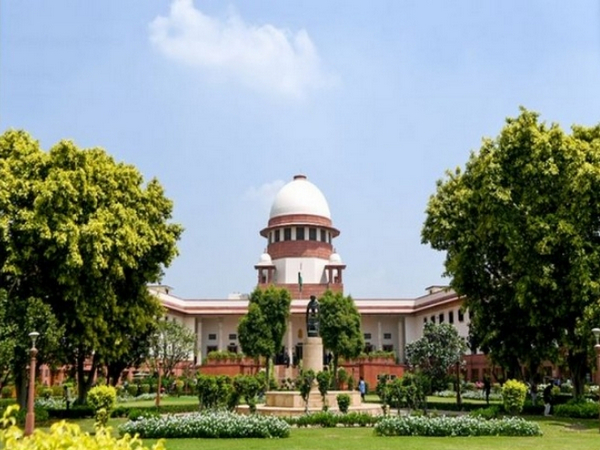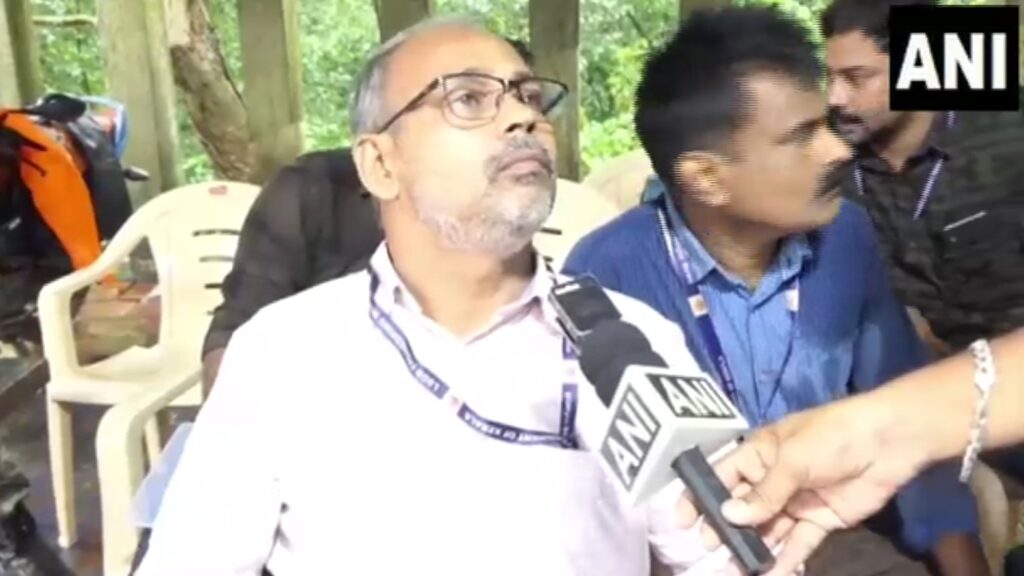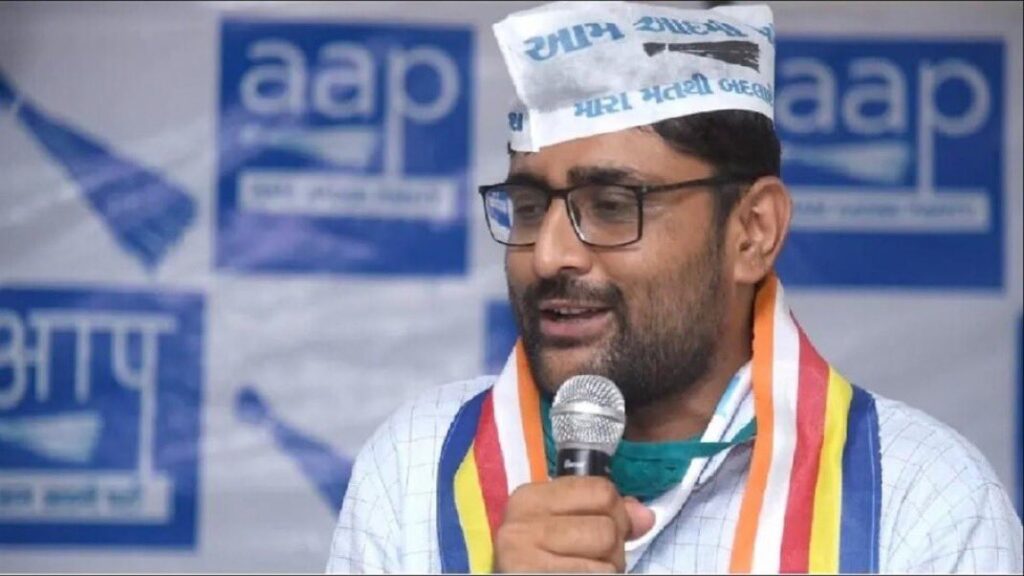Final Hearing on July 22; States Asked to Respond on Reservation Eligibility
In a significant development that could redefine how India interprets caste-based affirmative action, the Supreme Court of India has agreed to hear a crucial plea seeking the issuance of OBC (Other Backward Classes) certificates to children raised solely by single mothers, based on the mother’s caste identity. The Court has scheduled the final hearing for July 22, 2025, and directed that the petition be shared with all State governments for their input.
This landmark plea addresses a longstanding gap in reservation jurisprudence, where the absence or unavailability of a father can lead to complications in obtaining caste-based certificates—effectively denying thousands of deserving children access to reserved seats in education and government jobs.
The Supreme Court hears a plea that sought the issuance of Other Backwards Class (OBC) certificate to children of a single mother, on the basis of her caste status.
— ANI (@ANI) June 23, 2025
Considering the seriousness of the issue, the Supreme Court had posted the matter for final hearing on July 22… pic.twitter.com/v5v3WSgGmB
Plea Seeks Recognition of Single Mothers’ Caste for OBC Certificate Issuance
The central argument of the petition is that children of single mothers should be allowed to claim the mother’s caste status for reservation benefits, especially in cases where the father is absent, unknown, or has abandoned the family. The petition underscores that such children inherit the socio-economic disadvantages of their maternal background and should not be penalized due to the absence of a father figure.
The Supreme Court took the matter seriously, stating that the issue touches upon social justice, equality, and the constitutional rights of children and women. Recognizing that caste certificate issuance and reservation policies vary across Indian states, the Court ordered that the petitioners send a copy of the plea to all State governments so they can submit written responses ahead of the final hearing.
If the Court rules in favor of the petitioners, the judgment could set a precedent for thousands of cases across India—particularly benefiting children from marginalized or backward communities raised by single mothers, including widows, divorcees, or abandoned spouses.
This case is poised to become a milestone in India’s evolving social justice framework, bridging the intersection of caste, gender, and child welfare under the lens of constitutional law.





















